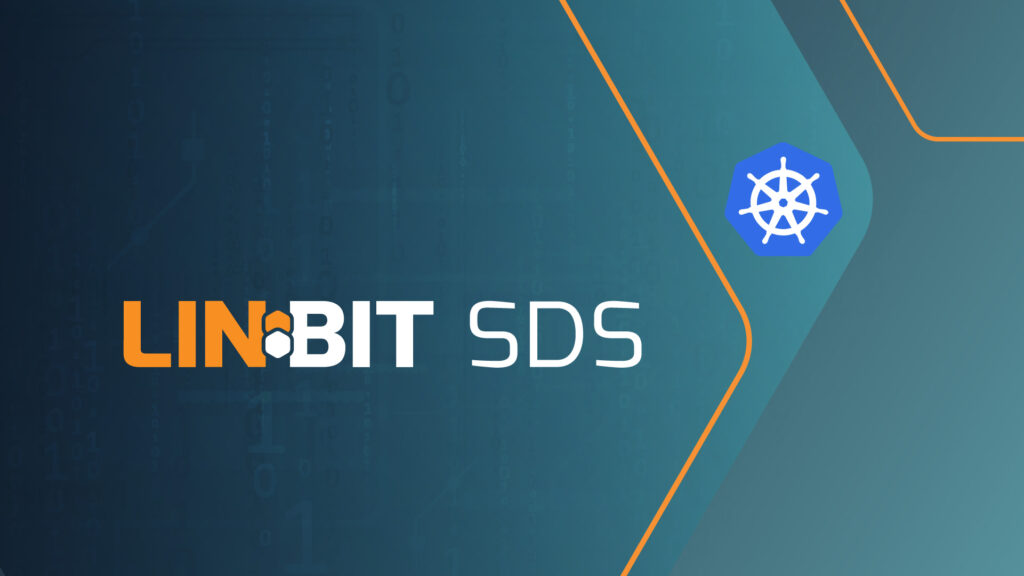DRBD Starter Package

LINBIT® has been dedicated to open source since its inception. All of LINBIT’s code is freely available on GitHub, as well as prepackaged downloads on LINBIT.com. However, being open source and freely available doesn’t always mean it’s easily installed. Most of LINBIT’s software and solutions revolve around the DRBD® kernel module. Being a kernel module means […]
Is “Enterprise Linux” fragmented? Will there be RHEL and Open Enterprise Linux?

Following the recent pattern, the discussion about Red Hat’s move to no longer make the source code for RHEL publicly available continues. The most recent development was the Open Enterprise Linux Association announcing its founding by the initial members CIQ (Rocky Linux), Oracle, and SUSE. It is a place where these three organizations share what they consider the […]
Deploying LINBIT SDS in an Air-Gapped Kubernetes Cluster

Authors: Joel Zhou & Michael Troutman — Deploying LINBIT SDS into an air-gapped Kubernetes cluster can be useful when your Kubernetes deployment requires persistent, highly available storage. If you are a LINBIT® customer, you can use a combination of container images from LINBIT and some publicly available container images, and then import them into a […]
A Brief History of Source Code Distribution Practices

First, I’d like to continue the evolving discussion about RedHat’s move to limit its RHEL source code to its paying customers and cut off clones like Alma-Linux and Rocky. The topic has inspired a recent article by John “maddog” Hall. Reading it took me nearly an hour. I like it. I might have gone with the […]
Persistent Storage Solutions for Kubernetes-Based Applications

LINBIT is the company behind DRBD, an open-source distributed and replicated storage system. LINBIT SDS is the company’s commercial offering, leveraging DRBD, LINSTOR, and other open-source technologies to create a software-defined distributed storage system focused on cloud-native applications, but that is also available for other orchestration platforms like OpenStack, CloudStack, OpenNebula, oVirt, Proxmox VE, and […]